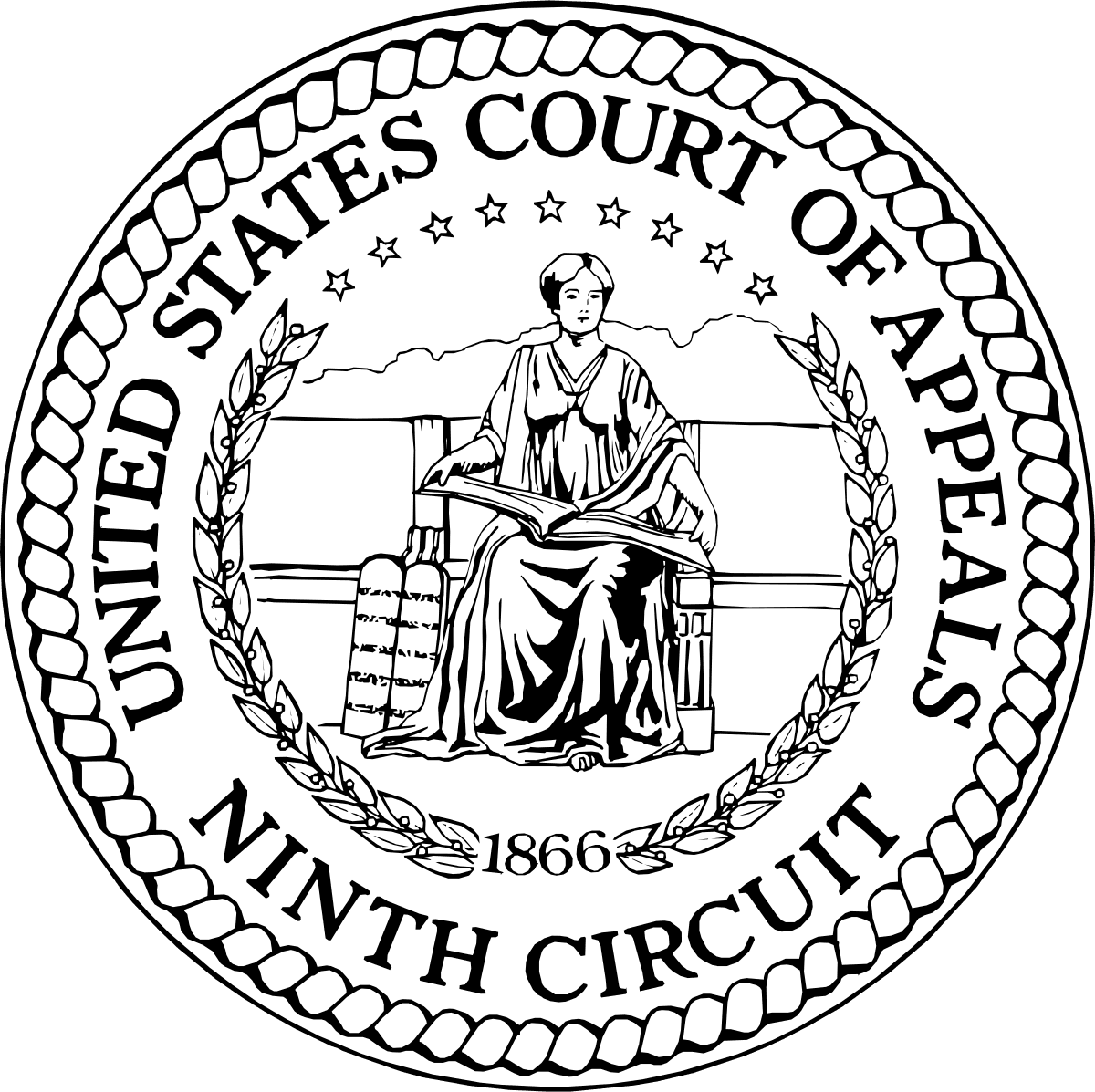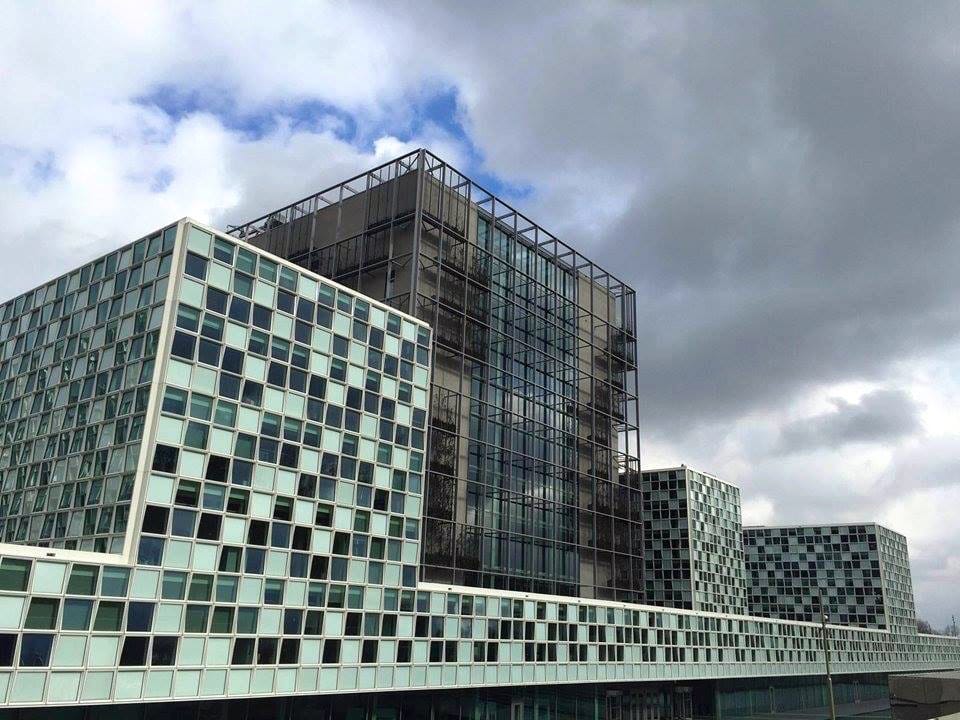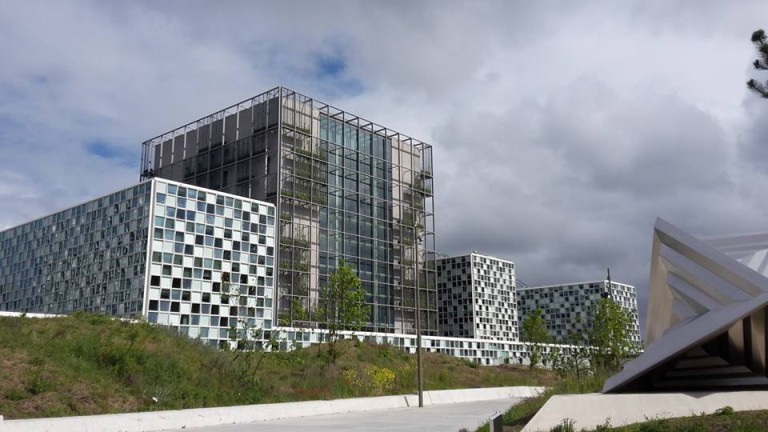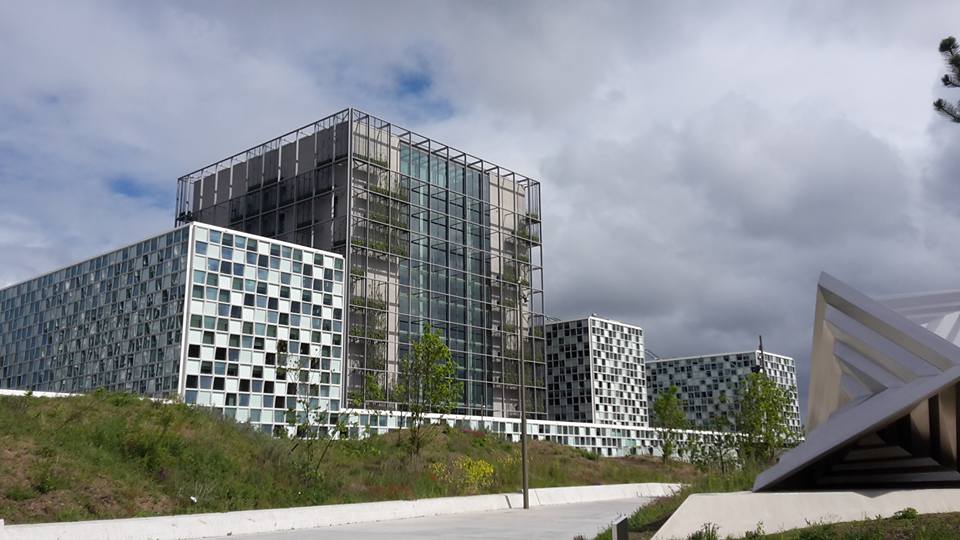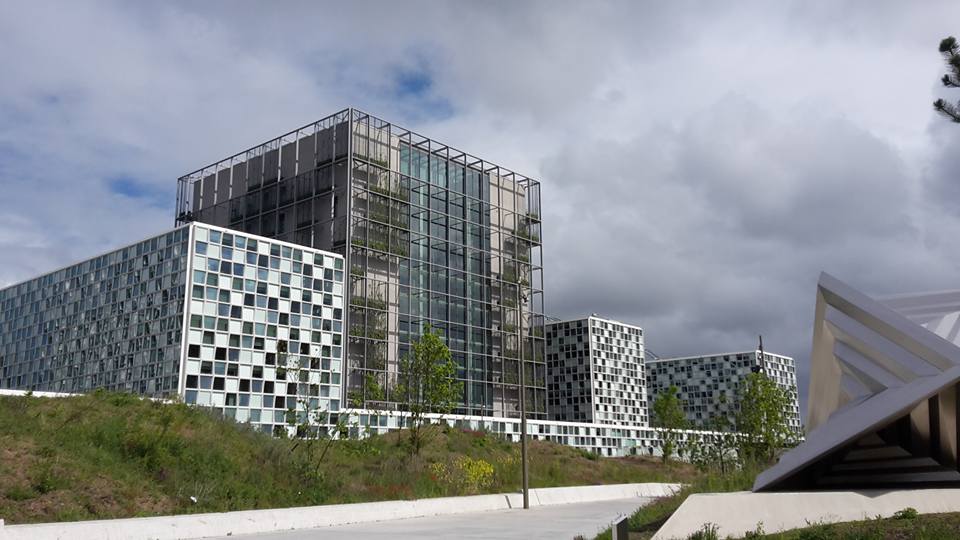No urgency to reinstate Trump’s Executive Order: the Appeals Court rejects the Government’s request
in Giurisprudenza Penale Web, 2017, 2 – ISSN 2499-846X
United States Court of Appeals for the Ninth Circuit,
States of Washington and Minnesota v. Donald J. Trump et al.,
Order No. 17-35105, 9 February 2017
Following the US Justice Department appeal against Judge Robart’s temporary restraining order (TRO) on President Trump’s executive order on immigration, on the 9th February 2017 the US Court of Appeals for the Ninth Circuit in San Francisco ruled on the Government’s motion for an emergency stay pending the appeal.
The decision of the Appeal Court, although has not yet examined the merit of the allegations that Trump’s executive order is illegal and unconstitutional, is of great interest under different aspects.
In the first place, the Court examined the Government’s argument that the State of Washington and of Minnesota (hereinafter: “the States”) had no right to bring the Executive Order to court, recalling the doctrine of the “third party standing”. According to the appeals judges, the States have demonstrated that the immigration ban causes “a concrete and particularized injury to their public universities”, which are, in all respects, branches of the same States.
To this regard the States have alleged that public university students and professors who are national of the seven affected countries are unable to travel for research or other academic duties, to return to the US or to receive visits of their families. Moreover, universities are discouraged to consider applications of candidates from those countries. Such hindrance to the freedom of travel causes a serious harm to the public universities, as they have already programmed, sponsored or covered costs for all the academic activities requiring travelling across the national borders or implying the entry of foreign students and faculty.
The Court has stated that “Under the “third party standing” doctrine, these injuries to the state universities give the States standing to assert the rights of the students, scholars, and faculty affected by the Executive Order”, making reference to case-law in which schools had been permitted to assert the rights of their students, as the interests of the parties were aligned. Having the States proved the harm caused by the Executive Order to students, faculty and public universities, the Court concluded that the States have a “personal stake in the outcome of the controversy”, as their injuries would be redressed if they could obtain the declaration of unconstitutionality of the presidential order.
Secondly, the Appeal judges took into consideration the Government’s argument according to which the US President’s decisions about immigration policy are unreviewable, even if the actions taken are in potential conflict with constitutional rights and guarantees. To this respect, the Court stated that such claim “runs contrary to the fundamental structure of our constitutional democracy”.
Even though the judicial power owes substantial deference to the political branches on matters of immigration and national security, according to the Supreme Court’s jurisprudence, courts have never been deprived of their power to review governmental executive actions for compliance with the Constitution. The Government improperly invokes the so called Mandel standard, which relates to the political discretion of Executive power on decisions to issue or deny individual visas, on the basis of the specific circumstances of each case.
The Mandel Standard does not apply in the present case as the States are not challenging the rejection of an individual visa application, but rather the “President’s promulgation of sweeping immigration policy”. The Appeals judges affirmed that even when national security concerns are implied, the judiciary maintains its obligation to secure the protection granted by the Constitution to individuals, and this happens also in war times. Therefore, the authority of the federal judiciary to decide on constitutional challenge to executive action is beyond question.
After these preliminary considerations, the Court proceeded with the scrutiny of the elements needed for the issuance of an order of stay. A successful motion for stay should satisfy the following requirements, the first two deemed to be the most critical:
“(1) whether the stay applicant has made a strong showing that he is likely to succeed on the merits;
(2) whether the applicant will be irreparably injured absent a stay;
(3) whether issuance of the stay will substantially injure the other parties interested in the proceeding; and
(4) where the public interest lies.”
As to the first step, the Court makes a preliminary examination of the likelihood of success of the Government on the constitutional challenges raised against the Executive Order.
One of the legal challenges raised by the States concerns the due process rights granted to all individual by the Fifth Amendment of the Constitution. The Appeal judges stated that the Government has not demonstrated that the immigration ban provides the affected individuals with the due process guarantees (e.g. a sufficient notice, a preventive hearing), before restricting their protected right to travel.
On the contrary, the Government had argued that no rights under the Due Process Clause are granted to the individuals affected by the ban. This statement is in contrast with the principle that such rights applies to all individuals within the US (and not only to US citizens) regardless of their presence in the national territory is “lawful, unlawful, temporary, or permanent”. The Government has not explained why constitutional rights should be denied to such categories of aliens.
The defective position of the Government is not remedied by the White House counsel Donald F. McGahn II’s interpretation of the Executive Order, stating that it does not apply to lawful permanent residents. Even admitting its authority and the binding force for all the executive branches, it is questionable that the content of such contention will not change in time, especially after the first stages of the pending legal proceeding.
In lights of its reasoning, the Court declined to modify the scope to the TRO as requested by the Government, which wanted it to be restricted to lawful permanent residents and to the territory of the two challenging States. As a consequence, the implementation of the Executive Order will continue to be halted for all individuals and nationwide.
The second challenge relates to the constitutional prohibition of religious discrimination under the First Amendment, and it is based on the assertion that the ban was intended to disfavour Muslims. On this issue, the Court has reserved any consideration.
As to the third requirements for a stay, namely the injury to the interests at stake, the Appeal judges observed that the Government failed to provide any evidence for the need to place the Executive Order immediately into effect, limiting itself to reiterate the Executive’s urgent object to fight terrorism. In particular, stated the Court, the Government “has pointed to no evidence that any alien from any of the countries named in the Order has perpetrated a terrorist attack in the United States”.
On the contrary, the States have proved that the implementation of the Order would substantially injure the States and many other parties involved, as already mentioned for public universities.
The Court concluded its preliminary scrutiny with the evaluation of the public interest, considered that there is a balance between the parties: “(o)n the one hand, the public has a powerful interest in national security and in the ability of an elected president to enact policies. And on the other, the public also has an interest in free flow of travel, in avoiding separation of families, and in freedom from discrimination”. Neither of these two competing interests justifies a stay.
In light of all the above, and considering the failure of the Government to comply with the legal standard, the Court denied its emergency motion for a stay pending appeal.
With the upcoming judgment on the merits of the constitutional challenge it will be possible to verify whether the Court will confirm its reasoning on the breach of the Due Process Clause and to know whether the Executive Order also violates the prohibition of religious discrimination.
How to quote the article in a bibliography:
S. Carrer, No urgency to reinstate Trump’s Executive Order: the Appeals Court rejects the Government’s request, in Giurisprudenza Penale Web, 2017, 2

